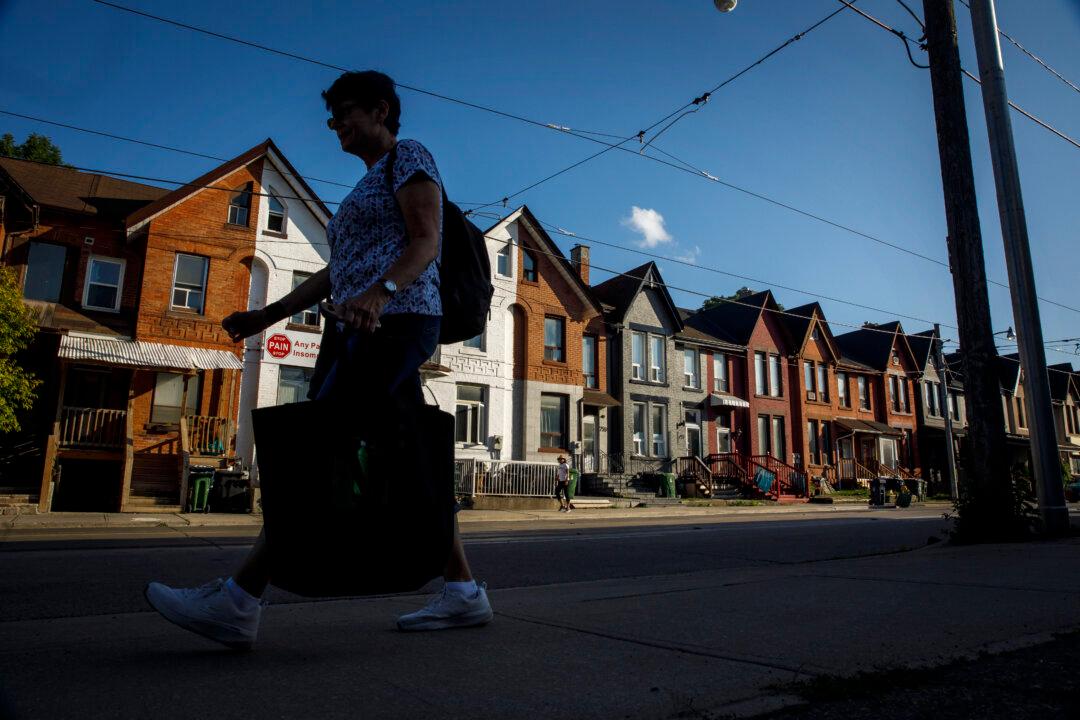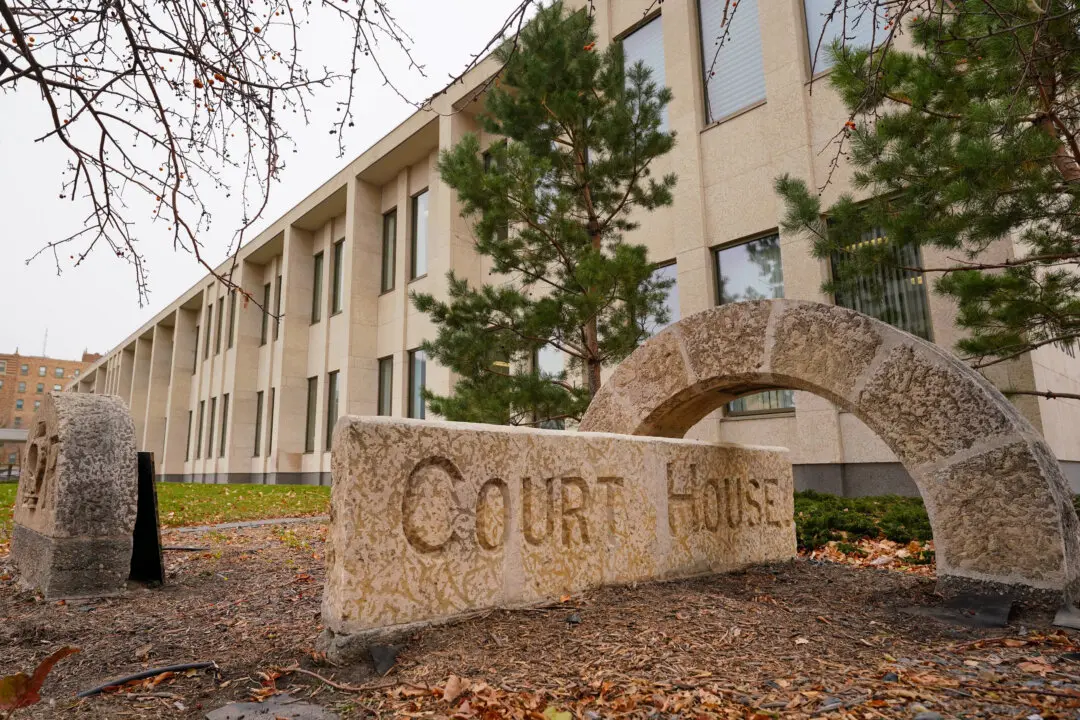Ontario is proposing the expansion of “strong mayor powers” to the leaders of 169 municipalities starting May 1, effectively tripling the number of mayors possessing such authority.
The proposed expansion comes as Ontario is struggling to meet the pace required to achieve its goal of building 1.5 million homes by 2031.





